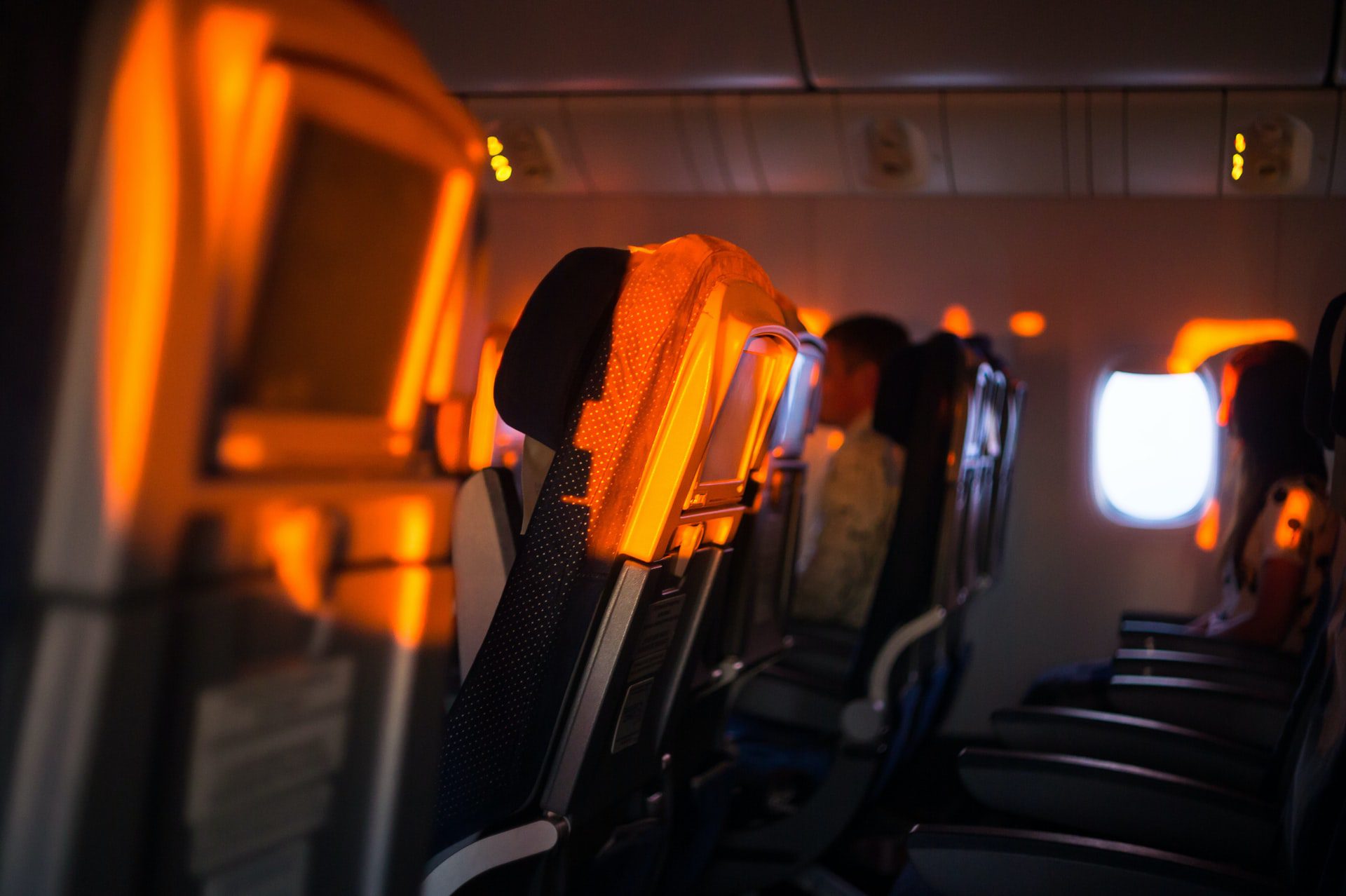Skift Take
Companies are welcoming the reopening of borders, but for those people in charge of making business trips run smoothly, the stress levels are rising.
Australians have had their fair share of stop-start travel, as the country’s various states shut down with just hours notice to contain Covid flare-ups.
Now, one travel manager has joked she’s developed a new condition: border closure anxiety.
“A few weeks ago, I jokingly said in the office that I had a condition called BCA — border closure anxiety — and that was also feeding over to our travelers and staff,” said Stephanie Maisano, global travel and expense lead, procurement at Australian infrastructure company Transurban.
Despite the trademark Aussie humor, there are risks ahead. Company employees are gearing up to return to travel, but even the most experienced will be out of practice, and travel won’t be the same.
Maisano, who was speaking at an online webinar on Wednesday, said Australia had experienced a lot of snap state border closures. “As planes were in the air, and about to land in states, the rules and regulations changed,” she said. “Passengers had to either go straight into a two-week hotel quarantine, or return straight home.”
All eyes are now on the U.S., which is set to reopen its borders to non-essential travel to other countries. Navigating transatlantic travel could become a difficult task, with hurdles including the types of vaccines accepted, testing requirements, and then accommodating different rules between states.
“Those snap border closures, that same scenario could play out on the international stage,” warned Jonathan Clark, chief technology officer at FCM Travel, who was also speaking at the online event. “As a business, what risks do we take by putting people on planes, and how do we keep track of all that? Those are going to be challenges.”
A Reactive Situation
Another panelist said she was now telling staff to prepare for an emergency when traveling.
“We’re having to be very flexible, listen a lot and keep up with everything that’s going on,” said Koreen Barbara, global travel manager at McDonald’s. “What we communicate at the moment may be very different in a few weeks to a few months, so we are reinforcing messaging.”
The fast food giant has thought about the travel process from a “plan, book, prepare, prepare for an emergency, and then support” perspective, she said. It then outlined what technology was available at each stage, such as support from an intranet, travel risk app Sherpa, the International Air Transport Association or McDonald’s own travel risk management team.
“The difficulty, to be honest, is keeping up, and constantly asking myself: have we given employees enough guidance through the technology lens,” Barbara added.
At the same time, another concern she faced was balancing that against not overwhelming travelers with too much information, a fair point considering most travel management companies have added new partnerships with new platforms and apps designed to address traveling in the new Covid-era.
“It’s going to be a very reactive situation, and that’s where technology can really help as well, being able to provide that information consistently,” Clark added.
The Daily Newsletter
Our daily coverage of the global travel industry. Written by editors and analysts from across Skift’s brands.
Have a confidential tip for Skift? Get in touch
Tags: australia, coronavirus, corporate travel, covid-19, singapore, travel management companies, travel managers
Photo credit: Company travel managers are preparing to help staff return to travel. Aleksei Zaitcev / Unsplash
